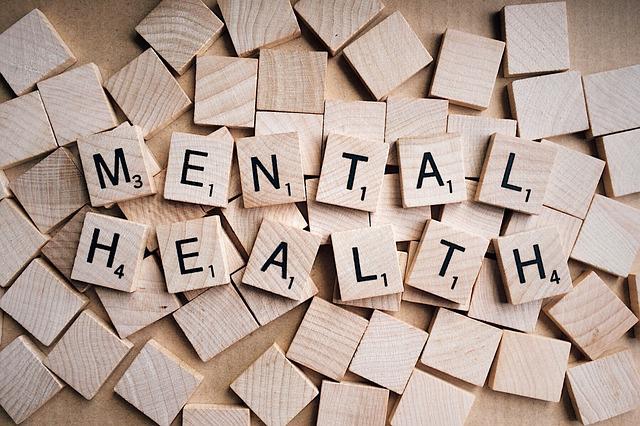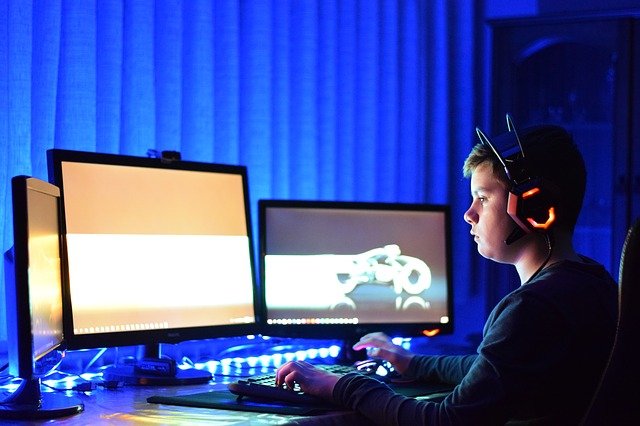How mobile gaming is helping with dementia research
Modern smartphones are fitted with sensors that detect the way they are used. Most people in the modern world interact with a smartphone every day. The amount of information these devices can collect is incredible. Sensors that can register small differences in memory, speech and thinking have the potential to help with all manner of things. Our interactions with the touchscreen, and the ways we move the device around, can help develop a broad picture of how the brain works. Information like this is already being used in projects to advance dementia research through the use of technology.
Using the power of smartphones
There is an app called GameChanger that contains a selection of thinking and memory games that put specific parts of the brain to the test. These are the parts thought to be affected when Alzheimer's disease first takes hold. In order to detect the early signs of dementia, a fuller understanding of the healthy brain must be achieved.
That's where this smartphone app can help. In the short term, a good number of people need to play the games. This will allow the collection of data that will demonstrate what average performance looks like, leading to the ability to see the early changes in the brain for people who develop dementia. The aim is to develop new treatments in the longer term.
A fun, easy way to contribute
GameChanger is free, and it is fun, and it allows normal people to support dementia research without leaving home. It signifies a movement towards using technology for dementia research, and it is hoped that more innovations will come out of this effort. The technology behind mobile gaming could provide future doctors with an accurate way to measure changes in our memory and thinking.
The information gathered from apps like GameChanger is allowing researchers to compare age-related changes in healthy brains to compare them with those in early-stage Alzheimer's. It's a simple and fun way to take part in the journey towards achieving a better understanding of dementia and, hopefully, finding new treatments or even a cure. It just needs you to take 5 minutes a day for one month, and it could truly revolutionise dementia research.







Add your comment